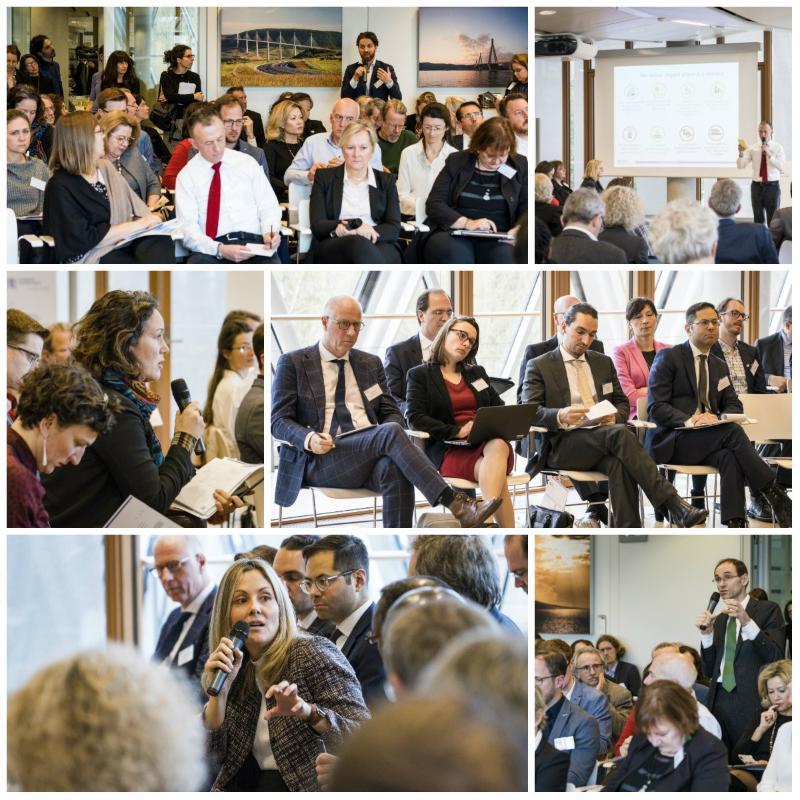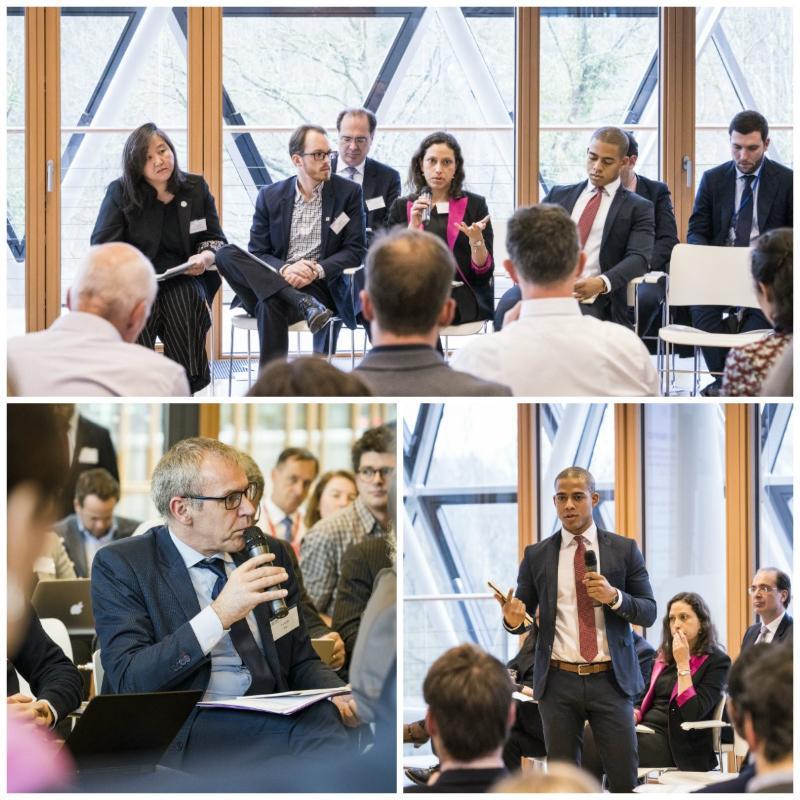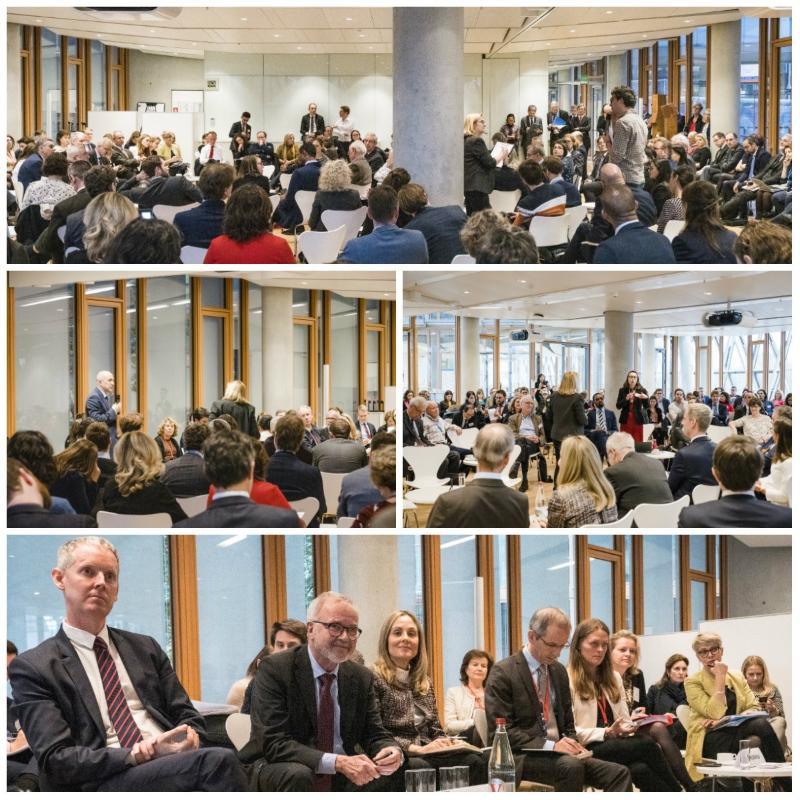On Tuesday 4 February 2020, the European Investment Bank’s (EIB) Board of Directors met with a large number of civil society organisations during their annual seminar. This event is a key pillar of the Bank’s stakeholder engagement. It is the only forum where members of the EIB Board of Directors meet with external stakeholders.
Common ambitions
The seminar was opened by EIB President Werner Hoyer. He set the tone by emphasising that, when it comes to the big picture, civil society organisations and the EIB are aligned. The positive outcome of the public consultation on the Bank’s Energy Lending Policy (ELP) that will see the EIB ending financing of unabated fossil fuel projects by the end of 2021, illustrates this. During the day, civil society representatives repeatedly praised the Bank for this decision.
The multiple benefits of open, transparent and constructive engagement with civil society were also at the heart of the announcements made by the Secretary General and Director Generals. Having reviewed the Bank’s achievements since the last meeting, they announced that the Bank will engage extensively with civil society in 2020.


